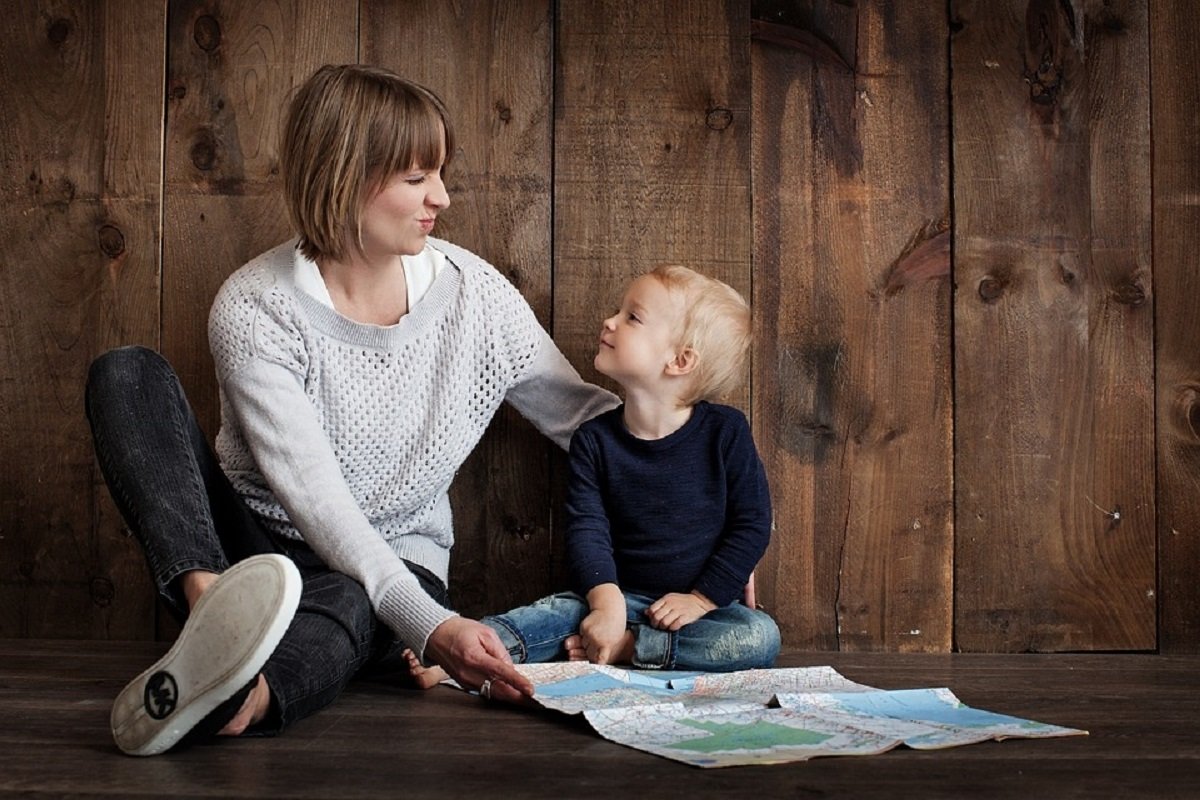As parents, we have far more influence over our children than we often realize. While our kids will grow into who they wish to become, our influence plays a major role in shaping who they become.
Think about it: the habits of our parents likely became our habits, at least until we became old enough to choose for ourselves.
For those of us whose parents taught us healthy habits, while we didn’t too much care for them growing up, once you reached adulthood, you likely appreciated what your parents had taught you.
You may not be able to determine who your child becomes, but you can most definitely set a meaningful example and help empower them to grow into their best selves. Below, I have listed six healthy habits to pass on to your kids.
1. Good hygiene.
Good hygiene means teaching them to brush their teeth at least twice a day, take regular baths, and wash their hair.
It also means showing them how to groom themselves by guiding them to trim their nails, trim body hair, and fix their hair. Anything that involves good hygiene should be a priority to instill in your children.
2. balanced eating habits.
You don’t have to push them to be perfectly clean eaters. Balance is key. It’s our job as parents to teach our kids to have a healthy relationship with food. Not to fear it or overindulge in it.
Things like eating regular meals focused on veggies, fruits, and lean protein are helpful. And don’t force your kids to clean their plates; when you do so, you are telling them to ignore their body’s hunger and fullness cues.
3. Enjoyable exercise.
Pick a physical exercise you enjoy and go with it. Encourage your kids to do the same. It doesn’t mean that you need to spend hours in the gym.
Physical activity could include walking, playing in the yard, sports, swimming, jogging, yoga, or whatever makes them happy and gets them moving. Do this almost every day.
4. Reading.
Start your kids off reading early by reading to them before bed. Get them involved and make reading fun. As they get older, teach them to read and encourage them to do so on their own and on a regular basis.
Not only does this help them to learn more and expand their minds, but it’s also good for their vocabulary and language skills.
5. Connecting with friends and family.
Make spending time with loved ones a priority. It’s during this time that your child will learn valuable social skills needed in life, and it also helps to add quality to their life.
6. A positive mindset.
You don’t have to be a positive Polly all the time.
However, expressing gratitude for the little things, maintaining a flexible mindset, and trying to focus on the positive in bad situations can be extremely helpful. Not only to your child’s mental health but also in helping them succeed in life.
Source: https://awarenessact.com/
